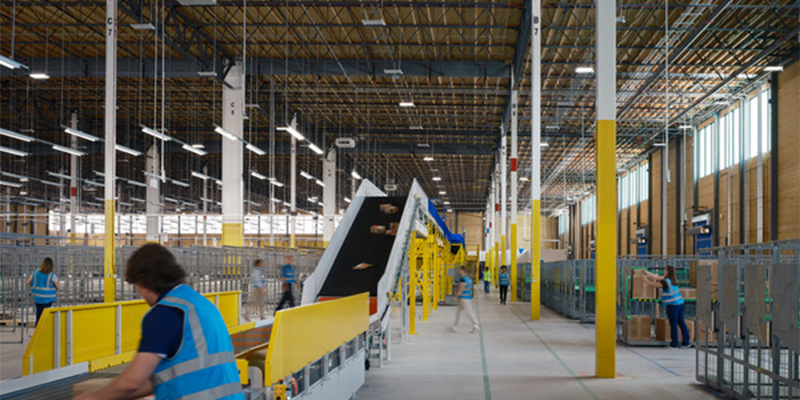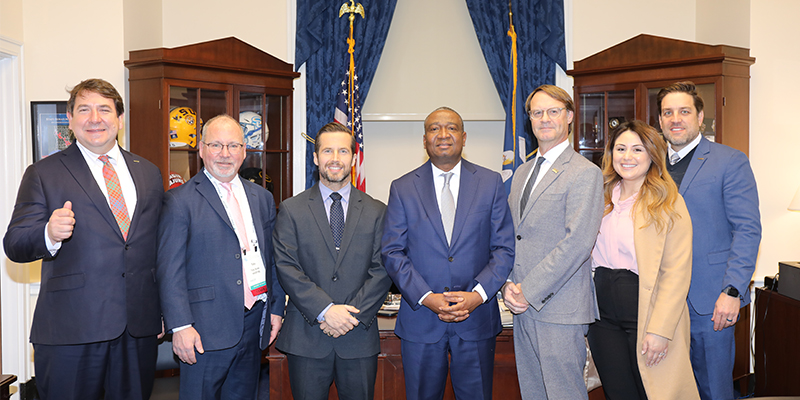As a retail real estate specialist for more than three decades, I’ve seen many trends come and go. One day, it’s an explosion in the sale of bank pads. And now, I’m seeing that niche real estate investors – who historically operate with a bit of herd mentality – have crowned the car wash industry the latest investment darling. The evolution of the car wash industry and the resulting uptick in interest from investors, developers and operators alike has been fascinating to watch. Brands like Take Five, Waterway, Zips, Spotless and Mister Car Wash are just a few of the modern success stories bringing car wash investment into the headlines. So, what’s with the hype?
Experience drives change
The evolution of the car wash industry forms an intriguing narrative. From its origins to the present day, consumer preferences, technological advancements and environmental considerations have been the catalyst for change as the new age car wash emerges at a rapid pace.
The primary car wash categories are 1) In-bay Automatic/Roll-over; 2) Self-Service; and 3) Conveyor. According to Grand View Research Inc., conveyor car washes are consistently the most profitable in the car wash sector in the U.S., where more than 72% of drivers use professional car wash services an average of 13 times per year. While the self-service wash still exists, it is becoming rarer as a better experience for slightly more money is likely available just down the street.
The explosion of $3 to $5 single- and multilane express car washes with a complimentary vacuum has given customers a pleasing, quick, reasonably well-staffed experience. This is where chains like Tommy’s, Everclean and Driven are out-performing the typical single-lane gas station car wash, which is short on amenities, service and experience, and despite all those things, can be more expensive. The gas station car wash is falling out of favor due to competition and lack of compelling ROI, and some new gas station developments are simply leaving the car wash component out of the design.
Modern car washes are a far cry from the rudimentary power-wash setups of the past; now, car washes feature attractive designs, robust construction, and well-manicured landscaping. These ventures entail considerable costs and complexities, as they pose challenges in terms of set up and logistics. The supply chain for construction materials and supplies, for example, remains a formidable hurdle, even as demand continues to surge. Larger chains, though, possess an advantage, capable of warehousing infrastructure packages and efficiently shipping them to highly visible locations with convenient access points.
All sites are not created equal
The same demographic factors important to most retailers are what make a retail pad feasible for car wash development.The days of car washes being tucked back in inaccessible or unwelcoming locations are over.Similar to another evolving and exploding niche asset class, self-storage, consumers want a safe, well-lit destination.Sites with high visibility, hard corners, convenient ingress and egress, and robust traffic count of more than 25,000 vehicles per day are in high demand.The ideal site size and configuration is typically about 1.5 to two acres. Don’t underestimate the value of a strong surrounding retail synergy as it plays an important role in determining the viability and success of a car wash venture. Putting some distance between it and the competition is critical as well.
The 1.75-acre outlot at 970 N. Lake Street in Aurora, Illinois, that I recently sold for construction of an independent car wash is a prime example of everything a developer or operator would want in a site. The highly trafficked outlot with automotive-related retailers nearby and lack of competition resulted in a $600,000 sale with multiple offers. The car wash development is, in turn, kicking off additional surrounding retail and the redevelopment of an adjacent vacant department store into self-storage. It will have a noticeably positive impact on the surrounding community.
Show me the money
According to an article in Wealth Management, the modern express car wash industry has yet to suffer through a prolonged inflationary environment or a recession unrelated to the COVID-19 pandemic.
The International Carwash Association states that consumers are increasingly preferring to have their cars washed for them versus doing it themselves. Sales in the express car wash market reached $13 billion in 2021 following a pandemic buying spree and a higher number of vehicles per household. The U.S. car wash services market is estimated to grow at a compound annual growth rate (CAGR) of 3.32% between 2022 and 2027. The market size is forecast to increase by $1.3 billion, according to recent numbers put out in August by market research and consulting firm Technavio.
The momentum of the investor interest behind the surge is further accelerated by the swift pace of private equity acquisitions. When Mister Car Wash made a dramatic debut on the NYSE in 2022, with its shares coming in 49% above the IPO price of $15, private equity players responded by making further investments in the car wash brands they already owned along with completing new acquisitions.
Cash flow creativity
Historically, some investors have avoided the car wash business because of its seasonal and weather-related highs and lows. The answer for smoothing out that bumpy cash flow? Subscription- and membership-operating models. Many operators are offering similar membership programs that give customers unlimited washes for a monthly fee, and in turn they are benefiting from more stable, predictable cash flow.
For example, Mister Car Wash added 125,000 net new members to its Unlimited Wash Club in just one quarter of 2022. It claimed a year-over-year membership increase of 28%. The human condition loves a deal – and people know if they can make it to the wash two or three times a month, it pays for itself.
Vehicles are more expensive than ever before, prompting individuals to hold onto their cars for longer periods. With improved build quality, the notion arises that while a new car might be financially out of reach, many people feel a car wash is still an affordable indulgence, and adding a membership program can help get more mileage out of that indulgence.
Looking ahead: Sustainability practices rise up
All of the buzz about car wash investment doesn’t mean the industry is without challenges. In the age of environmental stewardship, and particularly in markets where water conservation is top of mind, many operators including BLISS Car Wash are responding to the pressure to explore environmentally friendly cleaning products along with water conversation and recycling practices.
The surrounding community could also be a roadblock to new development, depending on what the car wash could bring to the area in terms of tax revenue and aesthetic.
One thing is for sure – despite any challenges that lie ahead, demand for retail pads for car wash development doesn’t appear to be slowing down anytime soon.








